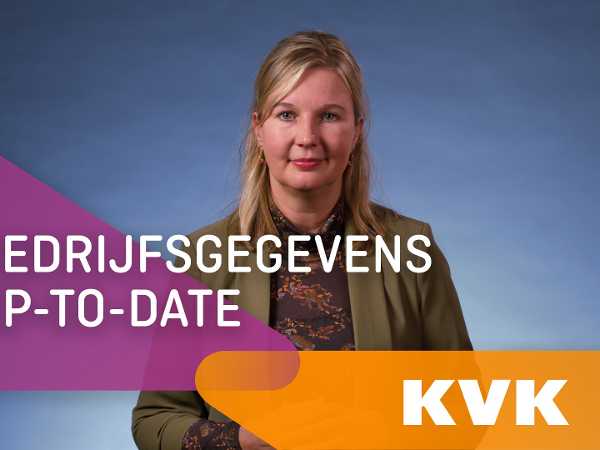Rules and laws
All the information you need about the main Dutch laws, rules, and amendments relevant for doing business.
Sex or a relationship in the workplace; cause for dismissal?
May 21, 20241 min

Sex or a relationship in the workplace; cause for dismissal?
May 21, 20241 min
You cannot ban your employees from having a relationship in the workplace. But having sex in the workplace can be a cause for dismissal.
Are you allowed to have sex at work?Is it illegal to do the odd job on the side?
December 18, 20231 min

Is it illegal to do the odd job on the side?
December 18, 20231 min
Are you allowed to make a little extra money tax-free? Sorry, but no. This article debunks this and other myths about 'zwartwerken'.
More about undeclared workObligations per sector (in Dutch)

Obligations per sector (in Dutch)
Many rules and regulations apply to everyone. But there are also legal obligations that may only apply only to your sector.
View the rules per sector


